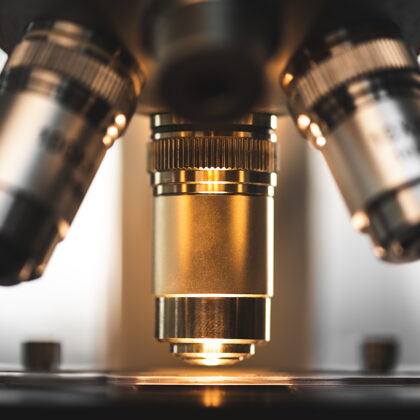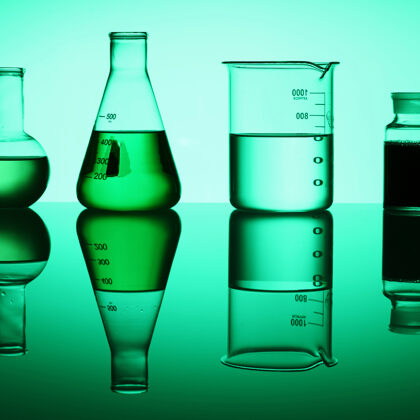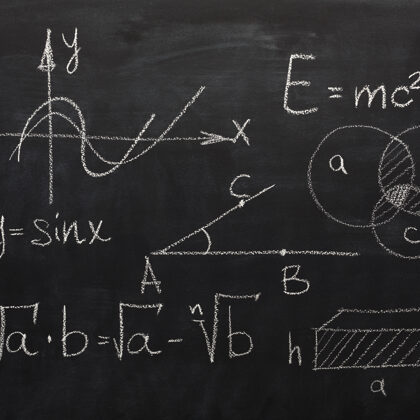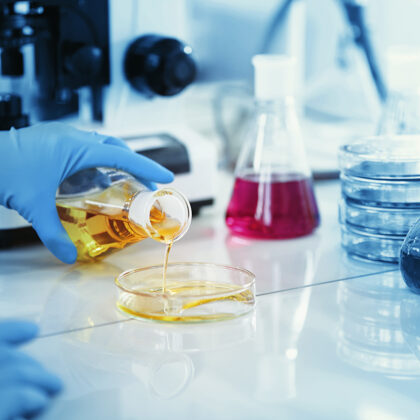While studying Science in Transition Year, students will focus on inquiry and investigation activities to help widen and deepen their understanding of the Science they studied at Junior Cycle. Topics such as biotechnology, human health, forensics, energy, space exploration and chemical reactions will be explored to show the links between science and society. Students are also encouraged to participate in Scientific competitions such as the BT Young Scientist or Scifest.
Investigations can include interdisciplinary topics such as:
- Finding the value of g using a simple pendulum by formula and slope methods and determine if the length of the pendulum effects the accuracy of results.
- Design and construction of compressed air rockets.
- Testing the pH of everyday substances using a red cabbage dye indicator and comparing results with a commercial universal indicator.
- The physics of external respiration. Design and build a device to demonstrate how the human breathing system works in terms of Boyle’s Law.
- To determine the range of human hearing and to examine the effect of age on the range.
- To determine the effects of a) soil type and b) soil temperature on the growth of seedlings.
- Using starch and malt agar plates, investigate the growth of bacteria and fungi from a) air-borne b) lab desk surface c) finger-nail and d) sole of shoe sources.
For each topic investigated students will conduct background research, record results and observations and write a comprehensive report.
Biology - The study of life.
Through the study of biology students will explore the diversity of life and the relationships between organisms and their environment.
Students develop an understanding and knowledge of the uniqueness, function and role of organisms and their interaction with their environment.
Biology is relevant to the lives of all students and provides them with the knowledge, skills and understanding to pursue further education in Biology or to have a strong understanding of healthy lifestyle and nutrition.
Chemistry - The properties, composition, and structure of elements and compounds.
Through the study of Chemistry students will explore materials that students will come across in their daily lives, such as drinking water, soap and petrol.
Students develop an understanding of the chemical reactions that fuel our world and our lives.
Physics - the study of matter and energy and how they interact with each other.
Physics is crucial to understanding the world around us, the world beyond us and is a central component to our society. It challenges the imagination, brings discoveries that lead us to life-changing technologies.
 A New Approach to Education
A New Approach to Education


